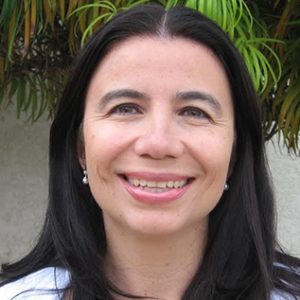Writing Western Nicaragua's Colonial and Post-Colonial LGBTQ Histories


Dr. González-Rivera's research on western Nicaragua's pre-1979 LGBTQ histories reveals a complex story. She documents a long-standing Indigenous “transgender” tradition in open-air markets, which rests on pre-colonial economic opportunities for women in tiangues and Nicaragua’s unique association between commerce and femininity. Dr. González-Rivera further contends that contemporary Nicaraguan negative attitudes towards trans women, while less prevalent than in other parts of the world, do exist and are highly steeped in racism and classism due to the association made between trans women and indigeneity. This project thus concludes that working-class women’s continuous economic participation in Nicaragua is a symbol of indigenous resistance to colonialism as is the continued existence of trans women. This presentation also documents the invention of indigenous sodomy in Nicaragua and the ways in which the Spanish contributed to the creation of the contemporary Nicaraguan “cochon,” the term used in the last hundred years to refer to presumably “passive” [“feminine”] male partners in same sex relations between men.
Presented by the Center for Latin American and Caribbean Studies. Co-sponsors: Department of History; Rackham Graduate School; Colonialism, Race, and Sexualities Initiative (CRSI) and Lesbian-Gay-Queer Research Initiative (LGQRI) at the Institute for Research on Women and Gender (IRWG); Women's Studies; Institute for the Humanities
